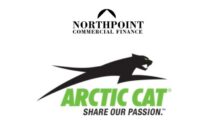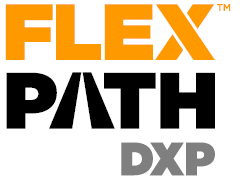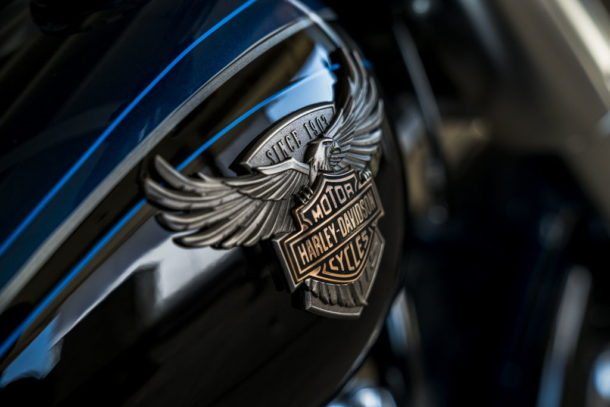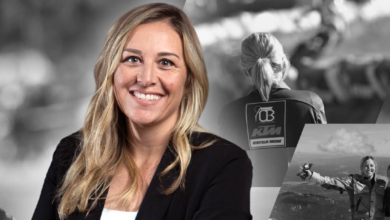F&I best practices with Rob Greenwald and Alex Reyes of Broward Motorsports
The following was what was supposed to be a Power Hour podcast from the show floor at AIMExpo. But no good deed goes unpunished, and the editor forgot how to work his new cordless microphones. Apparently, there’s a little symbol of a speaker with a strike through it that means mute. And this editor didn’t bring his glasses. So we didn’t get decent audio for the podcast. However, the conversation with Rob Greenwald, our resident F&I guru, and Alex Reyes, who is the business manager for Broward Motorsports of Palm Beach, was very insightful, so we were able to transcribe enough of it for this Q&A.
PSB: What does Rob Greenwald bring to Broward Motorsports?
ALEX REYES: Rob’s contributions are truly unique. He has extensive experience as a vendor, but what sets him apart is his ability to transition from a vendor role to that of a manager and coach. That’s what I appreciate about him — he knows how to motivate people and push the right buttons. Over the years, our relationship has evolved into a genuine friendship. He challenges us, and I like that. As someone with a growth mindset, I constantly strive to improve and innovate, and Rob never holds back. He’s a true coach, always pushing people — especially F&I managers — to go the extra mile.
PSB: Rob, you’ve been in this business for 40 years. Did you get a gold watch yet?
ROB GREENWALD: No one gives me anything! (Laughs) Yamaha did give me a watch for winning a championship, though — I’ve got a couple of those. But I do what I do because I love it. My passion lies in training, development, and finance and insurance is my specialty, and I have excelled in the ever-evolving retail world.
The industry has changed dramatically over the past three decades. Those who’ve been around for a while remember the days of floppy disks, green-screen computers, and basic F&I processes. Back then, we had very few products to sell, and our approach was completely different. Watching this industry evolve and being part of that transformation is something I take pride in.
I was there at the beginning when Ed Lemko talked about modeling the F&I department after the car business in the early ’90s. At the time, I was already in the auto industry and excelling as a trainer, but I didn’t love it. I was also pursuing my racing career when I saw an opportunity in the powersports sector. That passion led me here, and 30 years later, I’m still one of the leading voices in training and innovation.
PSB: Fast forward to today — where are we now? What has changed in the F&I segment for powersports in recent years?
GREENWALD: One of the biggest changes has been in technology. The products and services we offer today are leaps ahead of what was available in the ’90s and early 2000s. Consumer behavior has shifted, and the technology we use to deliver these services has created more opportunities to drive revenue and serve our customers effectively. However, not all dealers are capitalizing on these advancements. I still see only a handful of dealerships truly excelling in finance and insurance.
PSB: Alex, what do you see? How long have you been with Broward Motorsports?
ALEX REYES: I’ve been with Broward for 12 years — nowhere near Rob’s 30! (Laughs) When he started, I was still a kid.
We live in an instant-gratification culture, which makes it crucial to lead with knowledge. Historically, the F&I department has struggled with reputation issues. Many customers haven’t had positive experiences, but in a community-driven business like this, it’s vital to build lasting relationships, not just make sales.
I teach F&I managers to sell the ownership experience rather than just a machine. Customers aren’t buying a motorcycle or a boat — they’re investing in fun and lifestyle. The machine is simply the means to achieve that. When we present products that enhance their ownership experience — whether through maintenance plans or extended warranties — it adds real value.
Unfortunately, the automotive industry often pushes unnecessary products into powersports. But when we genuinely prioritize the customer’s needs, we help them save money and maximize their enjoyment. People will gladly spend when they recognize value, but if you focus solely on profits, you risk cutting corners and losing trust.
PSB: Some automotive dealerships take good care of their customers, too — don’t you think?
GREENWALD: I’ll play devil’s advocate here. One of the biggest mistakes I see in powersports is the tendency to overwhelm customers with too many products. Some dealerships take an approach where they just throw a bunch of options at buyers, hoping something sticks. The right strategy is to focus on a core selection of high-quality products — prepaid maintenance plans, extended protections, and warranty programs. Mechanical failure is the top reason for repossessions in powersports. People often can’t afford unexpected repairs, and unlike cars, motorcycles and boats aren’t necessarily essential for getting to work. That’s why I emphasize selling real value, not gimmicks. In the past, we didn’t have many F&I products. GAP coverage didn’t even exist in powersports until the late ’90s or early 2000s. Today, we have incredible offerings, but some dealerships still push unnecessary add-ons like fabric protection, just because that’s common in automotive.
ALEX REYES: I agree — it’s all about understanding the customer. Instead of bombarding them with unnecessary products, dealerships should conduct proper needs assessments. That way, we can tailor recommendations and ensure customers are making informed decisions. The key is to focus on solutions that genuinely enhance their ownership experience, rather than just throwing extras onto the deal.









